Guest post by Michael T. Koch and Stephen P. Nicholson.
Will the 2016 presidential election be one dominated by foreign policy concerns? Some pundits say yes. For example, Chuck Todd, host of Meet the Press said, “A foreign-policy election (more or less) is upon us.” Similarly, William Kristol said, “We are likely to have a foreign policy election in 2016.” But what does that mean? Do foreign policy events actually influence elections in meaningful ways? With the US still engaged in Afghanistan, Iraq, Syria, and other countries it may seem that foreign policy questions will loom large. Yet, political science research suggests that foreign policy issues are rarely a primary focus of US presidential elections.
The classic example is Page and Brody’s study of the 1968 election. Clearly, Vietnam was a primary issue forcing a standing president not to run for re-election. However, according to Brody and Page, law and order – and not his policy position on Vietnam – was the issue that gave Nixon his electoral victory. This fits with the arguments of many scholars of American political behavior who suggest that the public does not know much about foreign policy. Instead, voters rationally choose not to pay significant attention to foreign policy compared to the familiarity of domestic issues.
However, does this mean foreign policy events do not influence elections? Our research suggests otherwise. In a recent article in the American Journal of Political Science, we study whether the casualties of war influence not who wins an election but whether people are more likely to go to the polls.
Our study asks whether combat casualties increased voter turnout in established democracies. Using cross-national data, we examined twenty-three democracies over a fifty-year period, and found that mounting casualties increased national-level turnout. For example, turnout percentages of the voting age population in the US during the Korean War, Vietnam War, and the 2004 election were all above 60%. The highest percentage of turnout in France in the post-World War II era are the ’56 and ’58 elections, which coincided with the bloodiest fighting in Algeria.
If more people are likely to vote at these times, who are they? To answer this question, we examined survey data from the United States and United Kingdom during the Iraq and Afghanistan wars. Although one might expect that people who opposed the war are most likely to turnout, we found no clear partisan effects. In the United States, for example, neither Democrats nor Republicans were disproportionately mobilized to vote. Nor was the effect concentrated among Independents.
Rather, in both the United States and United Kingdom, we found that the least politically interested members of society, regardless of party affiliation, were more likely to turn out. We also found that casualties from their local community and/or close to the election enhance the effect of casualties on the probability of the least interested voting. The figure below shows that the probability of a politically disinterested person voting doubles as local casualties increase. This suggests that the human costs of war have profound effects on an election by changing the composition of the electorate.
We propose that this happens because the gravity of casualties (mortality salience) cause people to defend their beliefs. Studies from psychology have shown that when reminded of death, people are more likely to defend their worldview and others who share it. Since casualties invoke thoughts and feelings related to death, we predicted that increasing casualties would motivate the least politically interested people to vote. Two additional tests, from a work in progress with Francisco Pedraza, extends the work to ethnic groups: are minorities in the US more sensitive to in-kind casualties rather than all local casualties, which stands in contrast to prior research (Gartner and Segura 2000)? The figures below demonstrate that as Hispanic and Black casualties increase, so does their mobilization to the polls compared to non-in-kind casualties. Whether this result is due primarily to in-group identification or the relatively greater representation in the military among Hispanic and Black Americans is something to be further explored.
Overall, our research shows that previous research has looked in the wrong place: the costs associated with some bellicose foreign policy does have electoral implications. Increased voter participation, especially in response to local combat casualties, suggests that democratic institutions provide the public with a means of expressing voice. Individuals who are less interested in politics, and therefore typically unlikely to vote, are mobilized by the deaths of their fellow citizens. This effect changes the overall electorate in less predictable ways. It also shows that, in addition to local casualties, in-kind casualties have an even higher mobilization effect.
Increased electoral participation during wartime might also increase the responsiveness of elected leaders to the public. However, the absence of a partisan dimension to the mobilizing effects of casualties during the Iraq and Afghanistan wars likely means that US leaders were more beholden to their base constituencies. It suggests that leaders may anticipate the public’s response to the use of force abroad, informing their preferences about whether to engage in international conflict. Policy choices that ultimately involve the human costs of war can deeply engage audiences, mobilizing even the least politically interested.
Michael T. Koch is an Associate Professor of Political Science at Texas A&M. Stephen P. Nicholson is a Professor of Political Science at the University of California, Merced.

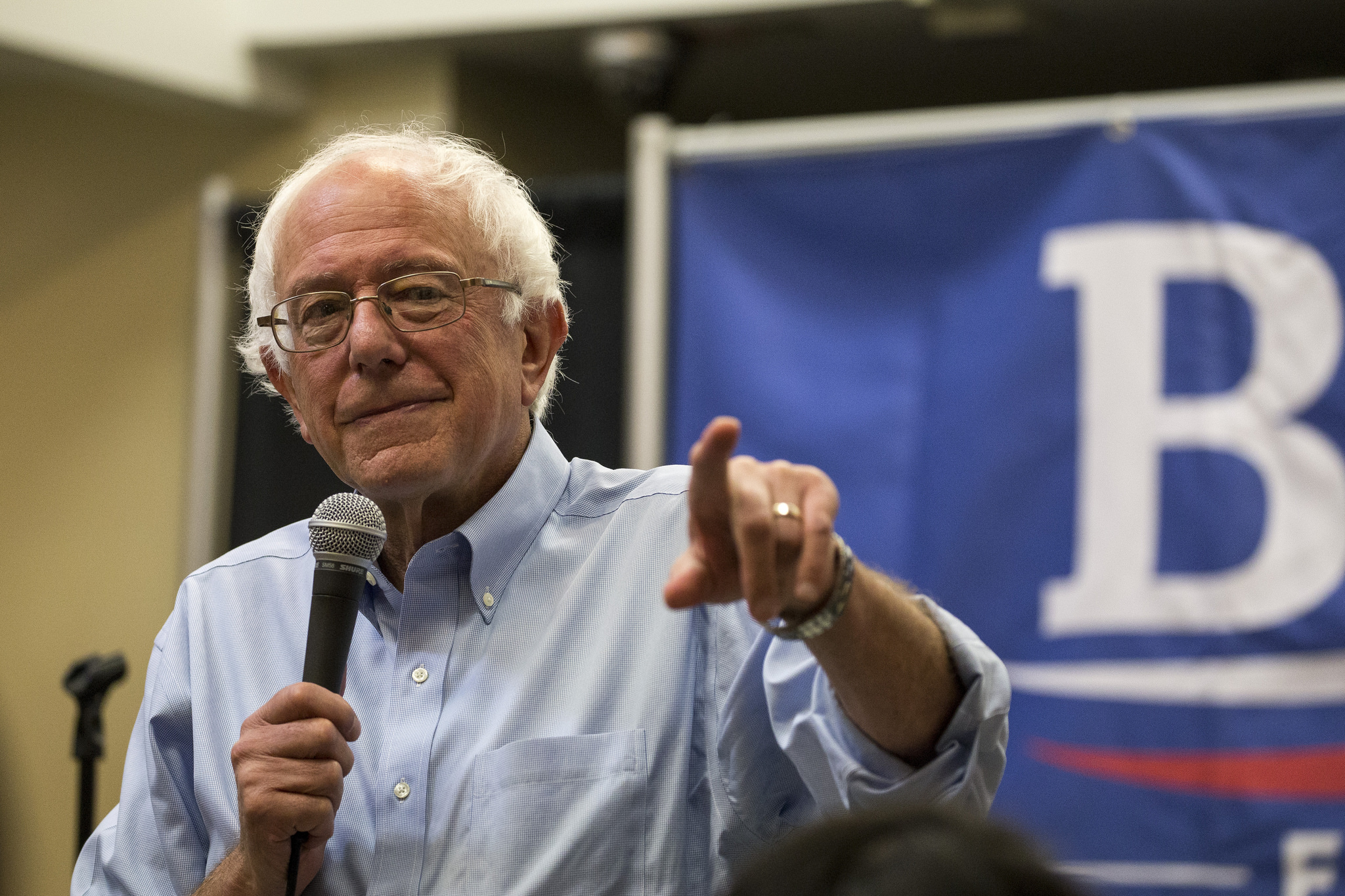



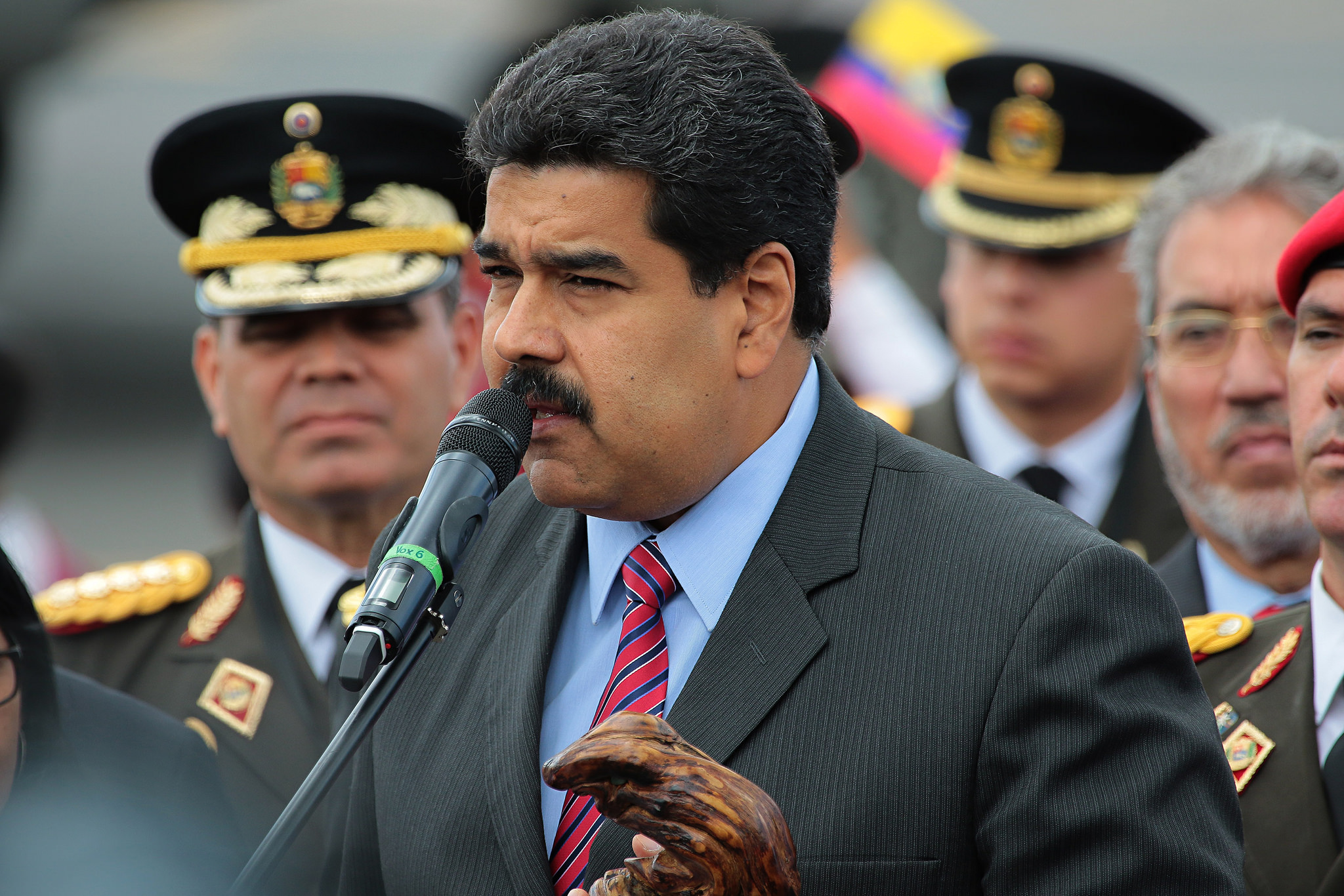

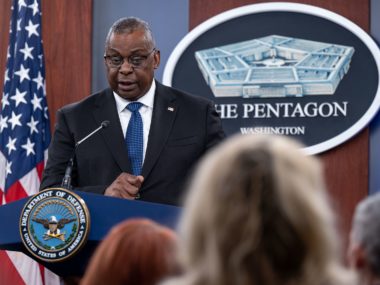
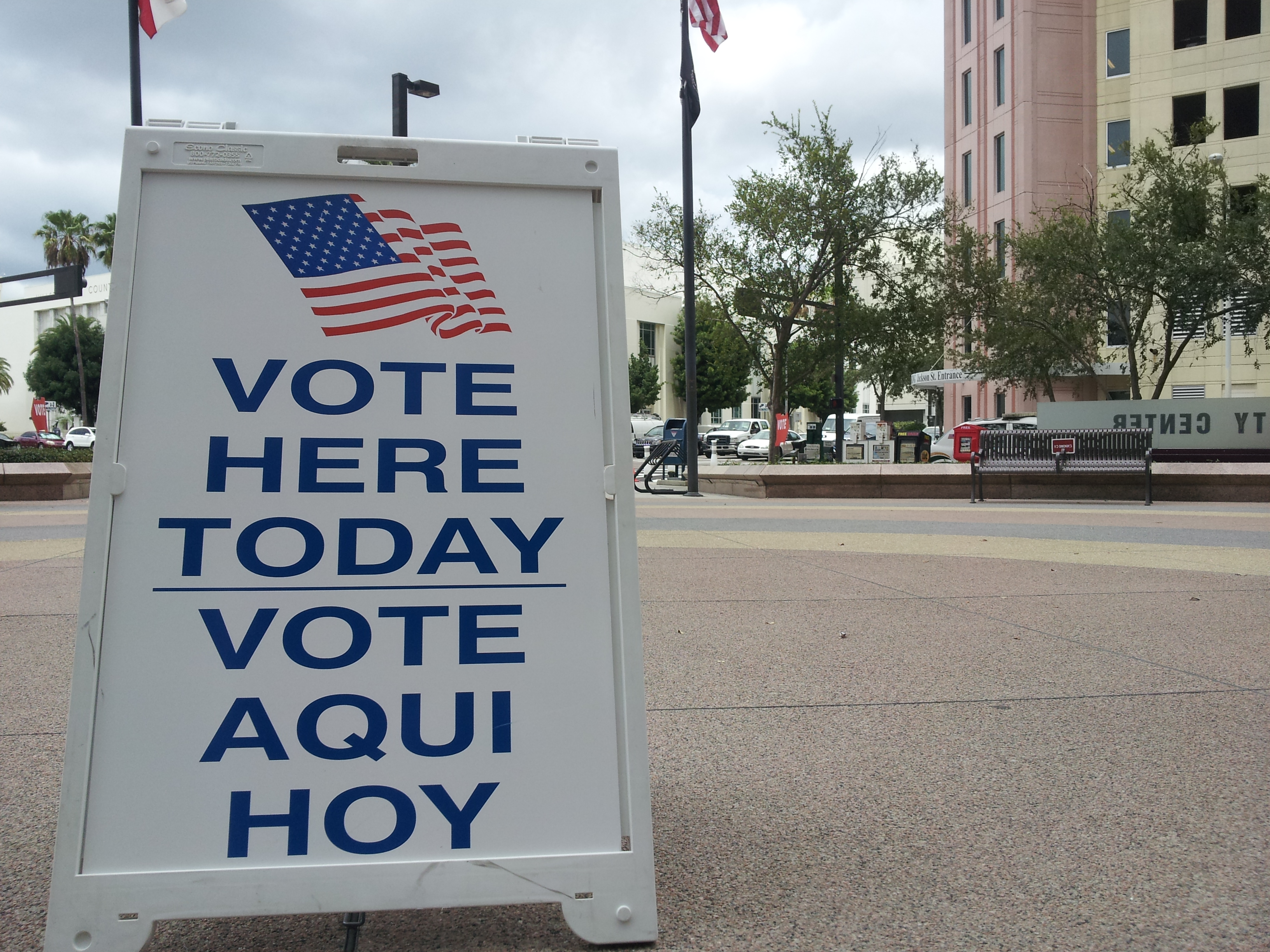
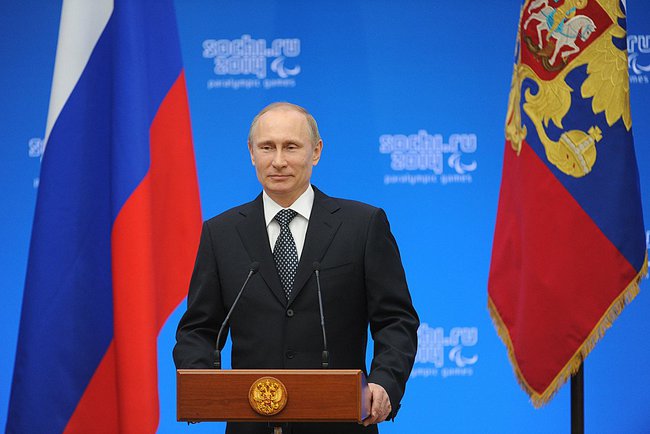
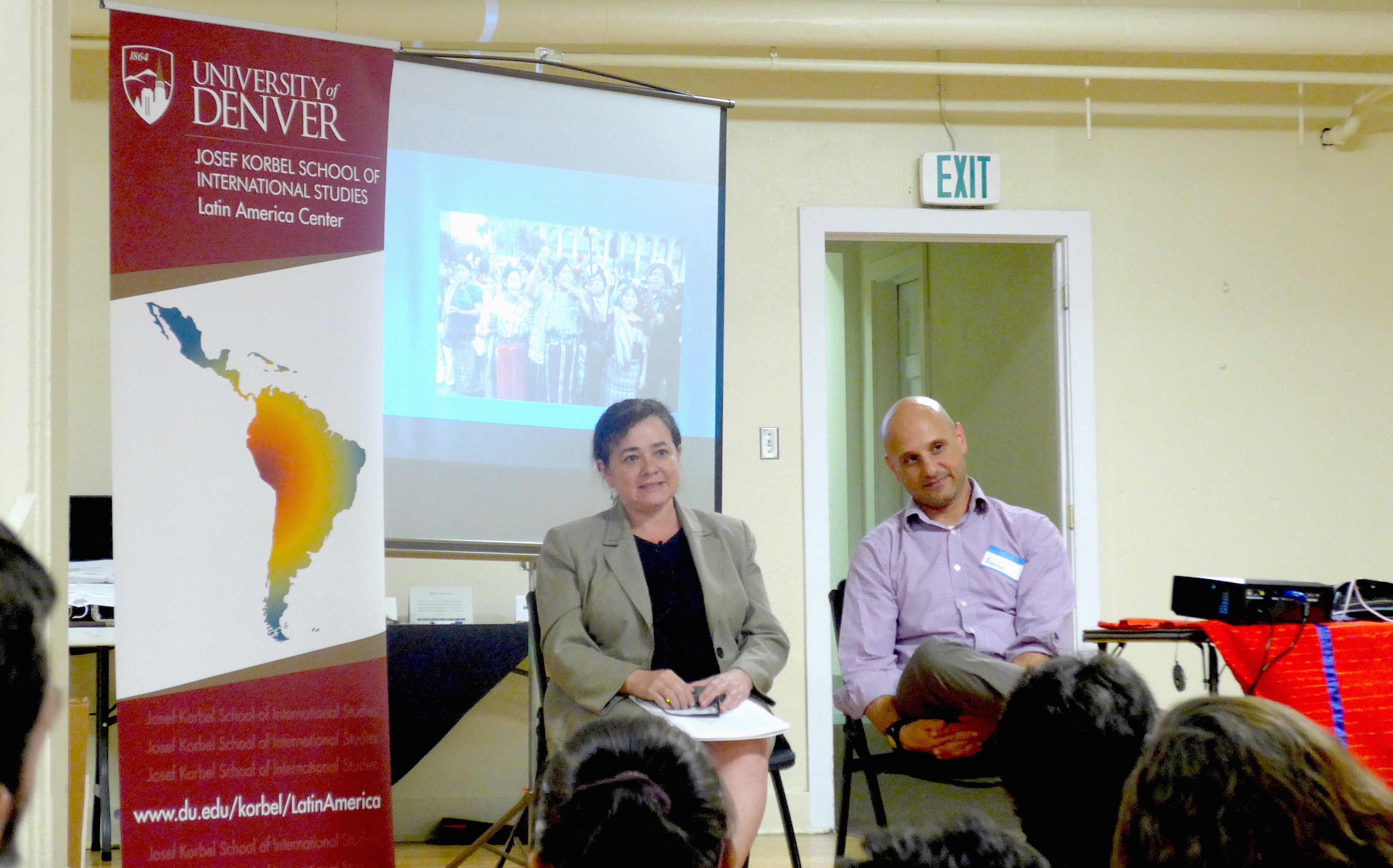
1 comment
I’m not at all an expert in (US/UK) electoral politics, but it seems odd to me that a higher share of people with low political interest (i.e., usually lower social status) and a hispanic/black background doesn’t have an effect on the results, as these are traditionally considered more of a Democrat/LAbour constituency?